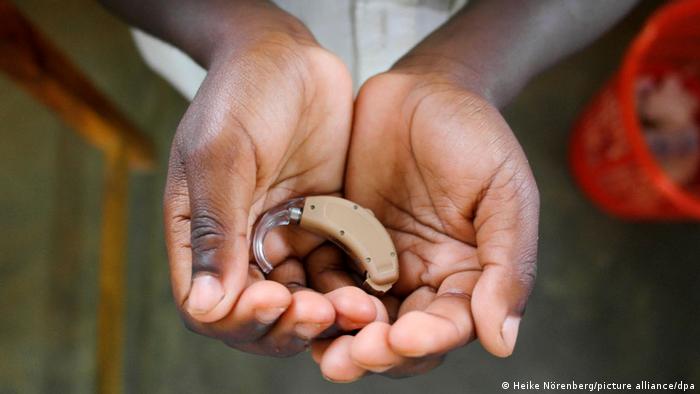HEADACHES can be debilitating, so when dad Alex Stangoe was suffering with them, he got them checked out.
He’d been struggling since 2017 with the ailment and initially, scans showed that there was nothing to be worried about.
But just three years later, the 37-year-old was hit with a shocking myeloma diagnosis.
Medics found a mass and said that it had been there in 2017 – but that it had been difficult to detect.
Each year in the UK more than 5,700 people are diagnosed with myeloma – a type of blood cancer that develops from cells in the bone marrow called plasma cells, according to Cancer Research UK –Âand at any one time there are around 24,000 people living with the illness in the UK.
It is treatable, but is currently an incurable cancer.
Alex’s illness was detected after he tripped during a hillwalk.
Speaking to The Glasgow Evening Times, he said he knew he had done some damage and attended Monklands Hospital in Scotland for a neck scan.
Alex, who lives in Airdrie, was expecting a break after the fall, but instead, medics told him he had a large mass.
He was then diagnosed with multiple myeloma, but despite the illness having no cure, he says he is determined to carry on fighting for his six-year-old daughter Mirren and his partner Ruth Armstrong.
The dad has described their situation as a ‘nightmare’ and said he ‘couldn’t believe’ the diagnosis.
“The hardest thing is one day I won’t be here, and I worry about how Ruth and my daughter Mirren will get on, I get really upset thinking about it.
“When I fell and knew I had done some damage as I felt tingling from my toes to my head.”;
After the fall before the first Covid lockdown in March 2020, medics found soft tissue damage and the mass.
But because of restrictions in place, he struggled to get an appointment.
It was a bone biopsy that confirmed his diagnosis and medics compared these scans to those he’d had in 2017 for the headaches.
They found that the mass had been there all along, but had been smaller and harder to detect.
Alex said it ‘kills’ him to think he may have had more time and been treated sooner.
He is currently having chemotherapy and stem cell procedures to keep the illness at bay.
Despite the mass initially being missed, Alex praised the NHS and explained that he now has lesions on his neck, spine and hips.
The treatment he has had has left him with nerve damage in his leg – so he now struggles with his mobility.
Luckily, he hasn’t been in hospital since April and last month completed a hill walk in aid of Myeloma UK.
He is aiming to raise £2,500 and as of today (November 8) he has raised £2,240.
He complete the walk on October 15, and while the steps were challenging, his partner Ruth said he didn’t let them stand in his way.
While hospitals cannot discuss individual cases, Margaret Meek, site director at University Hospital Hairmyres issued a statement.
It said: “We regret any instance where someone feels we have failed to provide the highest standard of care.
“We would encourage anyone to contact our patient affairs team if they wish to raise any concerns to allow them to be fully investigated.”;




